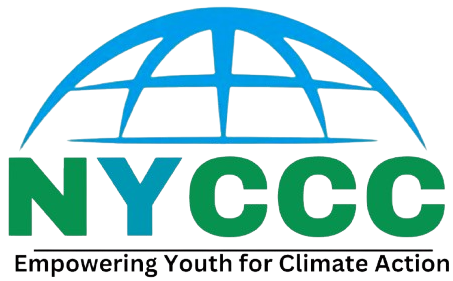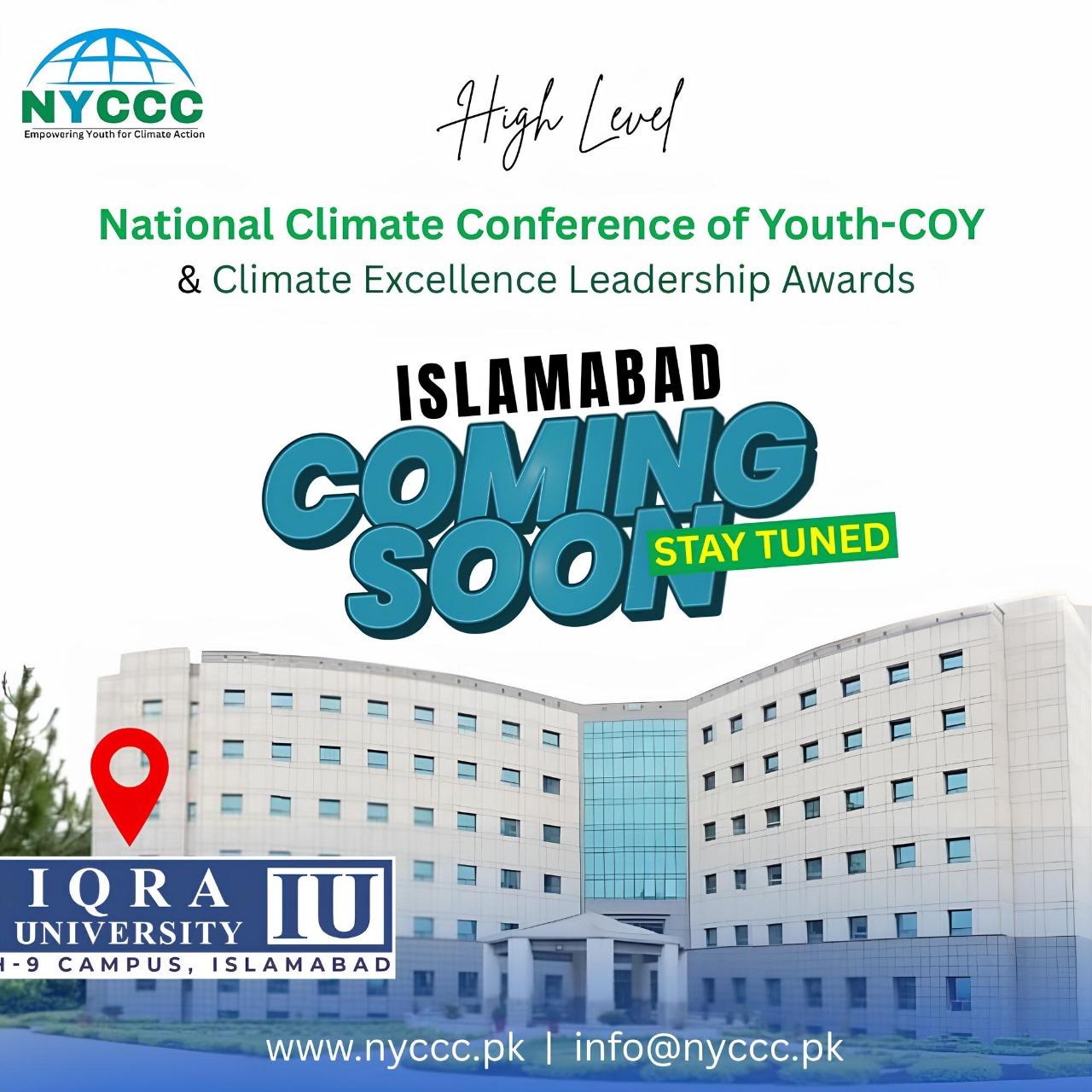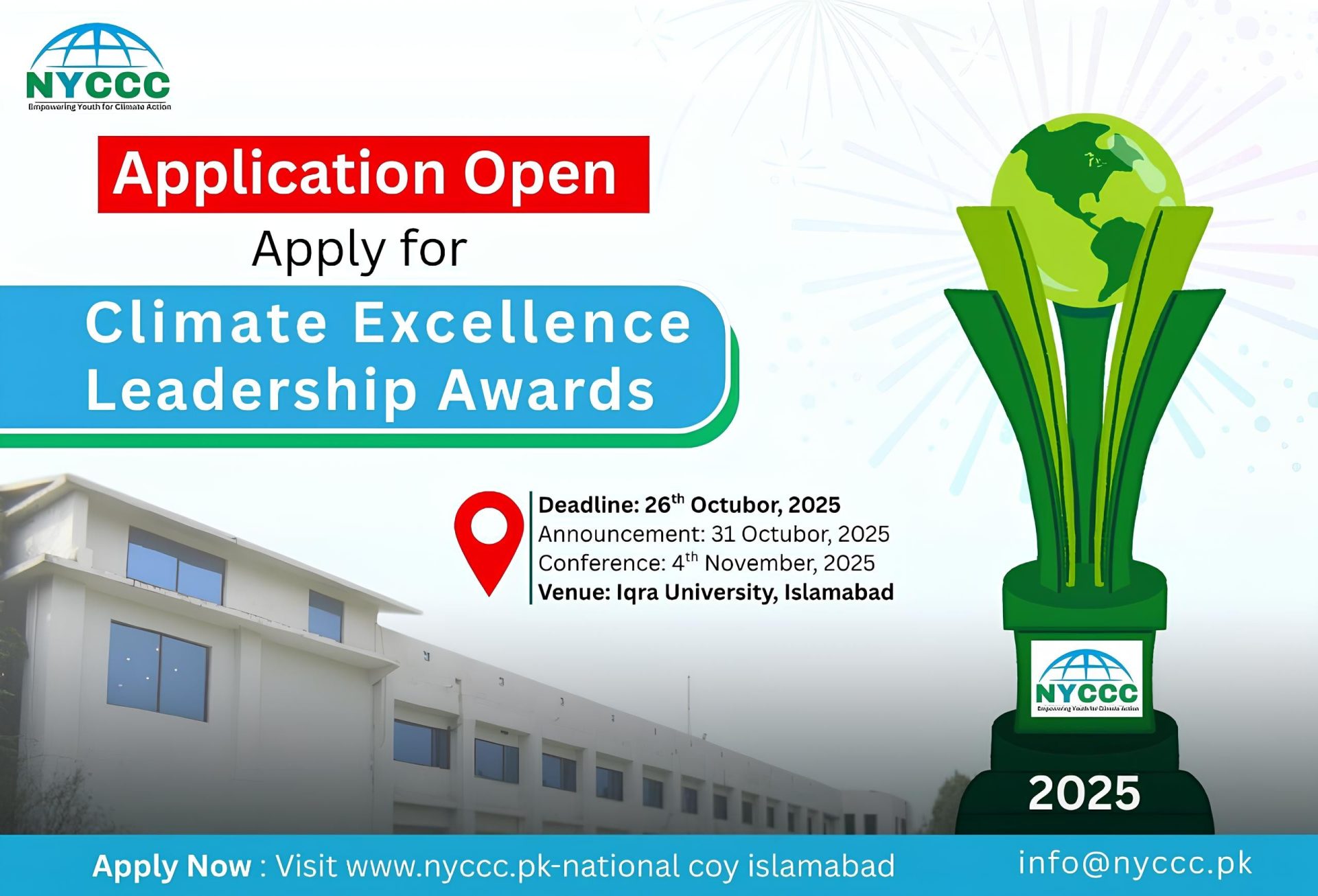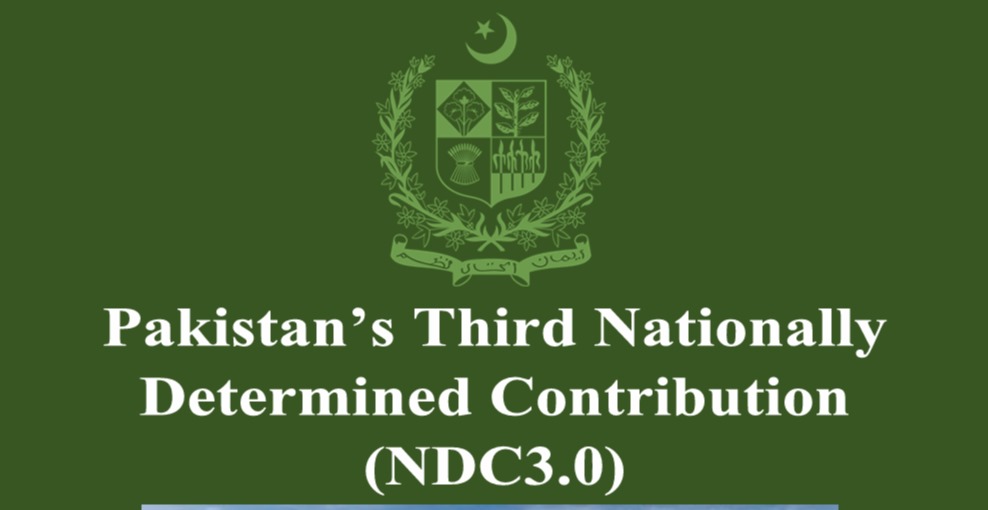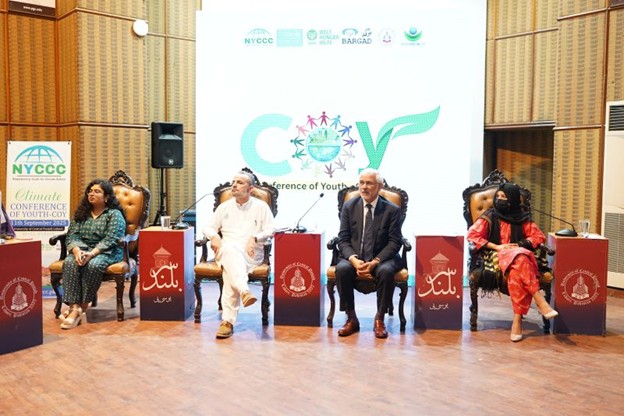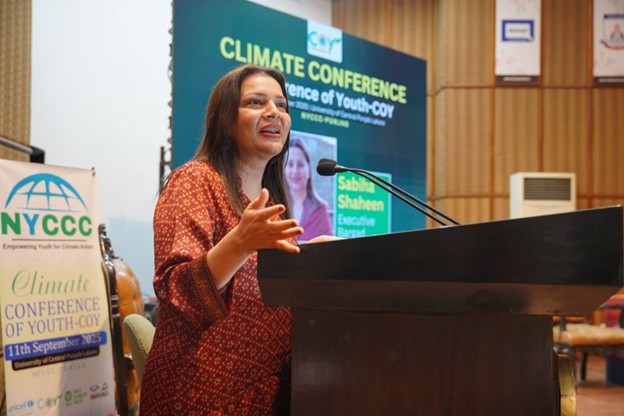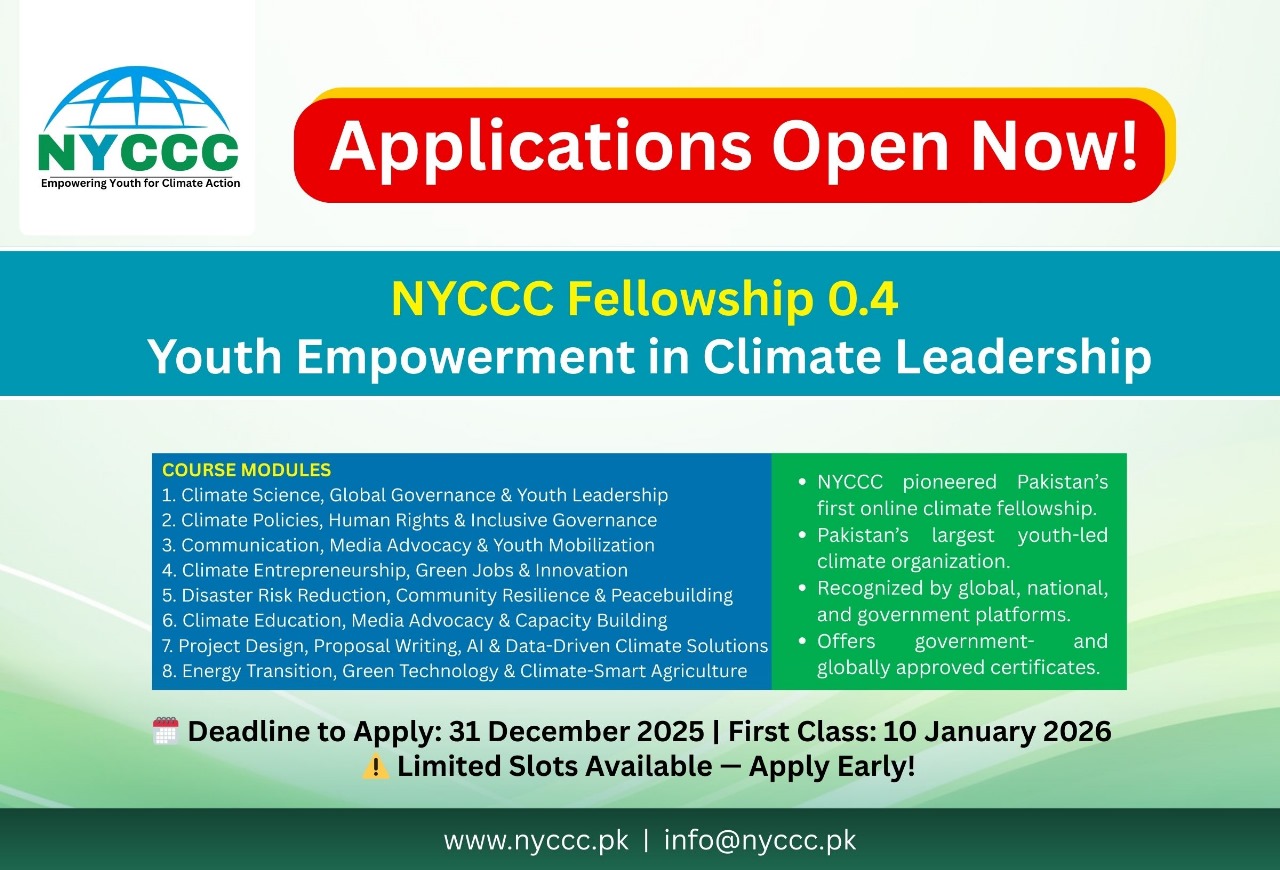Pakistan faces a multitude of daunting challenges, drawing global attention. Despite efforts, solutions still need to be discovered, exacerbating its mess. Economic fragility, demographic disparities, environmental degradation, and terrorism create a complex web of issues. Though, pervasive political instability emerges as the key obstacle to development, fostering suspicion and hindering governance efficacy.
At the center of Pakistan’s dilemma lies its economic vulnerability. Ranked among the world’s weakest economies, the nation struggles to sustain growth amidst myriad challenges. Moreover, Pakistan faces the daunting reality of being the fifth most populous country globally, with an aging population that ranks sixth worldwide. Compounded by a youthful demographic comprising 68% of the populace, the strain on resources and infrastructure intensifies.
Adding to the nation’s woes is its vulnerability to the impacts of climate change, ranking fifth among countries most affected. The specter of terrorism looms large, perpetuating an atmosphere of fear and insecurity, while the erosion of justice further undermines societal cohesion. Unemployment and inflation exacerbate social tensions, threatening stability and exacerbating discontent.
However, perhaps the most pressing concern is the pervasive political instability that plagues Pakistan. Inter-institutional distrust, allegations, and political wrangling have plunged the nation into chaos. Political leaders engage in aggressive rhetoric, prioritizing partisan gains over national interests. The absence of cohesive leadership impedes progress, leaving Pakistan adrift in turbulent waters.
The repercussions of political instability extend beyond domestic affairs, tarnishing Pakistan’s international standing. The global community hesitates to engage in business ventures, deterred by the country’s negative image. Urgent intervention is imperative to restore faith and confidence both domestically and abroad.
It is paramount that Pakistan’s leadership rises above partisan divides and prioritizes the nation’s welfare. Collaboration, dialogue, and consensus-building must replace discord and animosity. The establishment is responsible for fostering an environment conducive to stability and progress.
Pakistan stands at a critical juncture, besieged by many challenges that demand immediate attention. Political stability is not merely a luxury but a prerequisite for addressing the nation’s pressing concerns. As the world watches, Pakistan must seize the moment to chart a course towards stability and prosperity and reclaim its rightful place on the global stage. The time for action is now, for the sake of Pakistan and its people.
